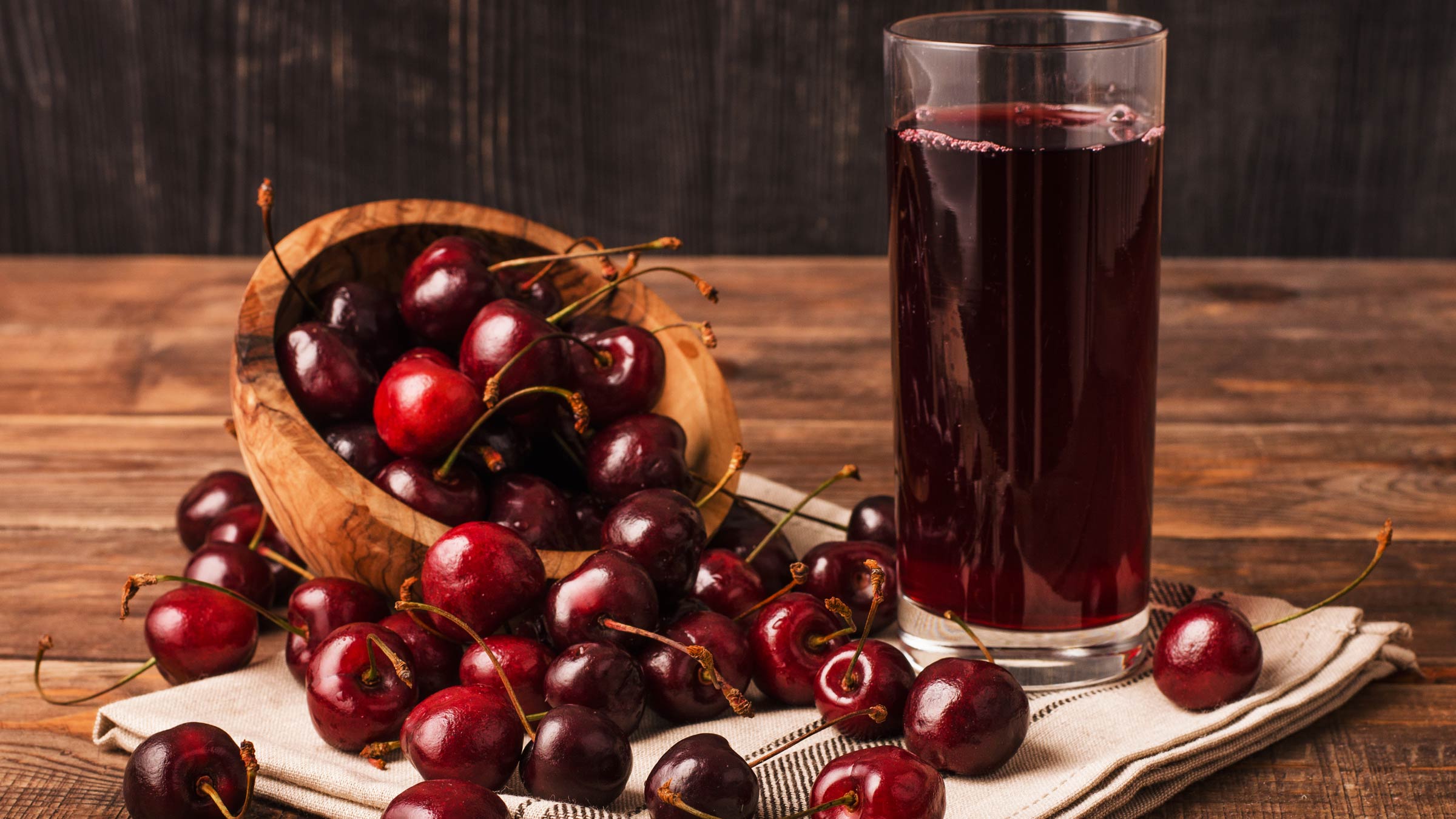
Did you know that insomnia, difficulty falling asleep or staying asleep, affects one out of four Americans each year? Disruptions in sleep patterns are often caused by stress or irregular routines, and can make life just plan miserable. Having insomnia can feel like a hopeless situation, but there’s good news.
By paying more attention to the foods you are eating throughout the day, you can you rewire your body and your brain to sleep better, as well as decrease your chances of developing insomnia. There are certain foods that interact with the hormones that are in charge of regulating sleep and enhance their effectiveness, increasing the likelihood of deeper, longer sleep. There are also many foods that do the exact opposite.
Foods that may help promote sleep
Spinach: Spinach is a rich source of magnesium. In addition to being a muscle relaxer, research has also found that too little magnesium in your diet can make it hard to stay asleep. Fill up on spinach and other foods rich in magnesium like avocado, quinoa, bananas, nuts, seeds, beans and lentils.
Pistachios: One ounce of pistachios contain about 25 percent of your daily value of vitamin B6, a vitamin necessary for the production of serotonin and melatonin, hormones that help us get better sleep. Get your fill of B6 by consuming pistachios, along with a variety of foods containing vitamin B6 such as animal proteins like fish, chicken, turkey, pork, eggs and milk, along with whole grains and soy products such as edamame or tofu.
Tart cherry juice: Researchers at the Universities of Pennsylvania and Rochester found that, when adults with chronic insomnia drank a cup of tart cherry juice twice a day, they experienced some relief in the severity of their insomnia. It’s suspected that tart cherries (and their juice) boost production of melatonin.
Tart cherry juice has more recently been touted on social media as a sleep aid for children, but parents should consult their pediatrician before using it regularly. All fruit juices have high amounts of natural sugar, which can cause loose stools or diarrhea in children if they have large amounts. Tart cherry juice also has a relatively high amount of the sugar alcohol sorbitol, which can have a laxative effect.
Edamame: Besides being a good source of vitamin B6, edamame (soy beans) contain a compound called isoflavones, which have been found to increase serotonin production. According to a 2015 Nutrition Journal study, adults who consumed two or more servings of soy per day slept longer and reported the best-quality sleep. Try other soy products such as tempeh, tofu and miso to get a boost of isoflavones.
Chamomile tea: While drinking a mug of hot tea is a relaxing ritual all by itself, chamomile tea stimulates the release of glycine, a chemical that relaxes nerves and muscles and acts as a mild sedative.
Brown rice: Eating more fiber could be your missing key to get better sleep. In a study published in the Journal of Clinical Sleep Medicine, eating fiber was associated with more restorative slow-wave sleep, meaning the more you eat, the better you sleep. This could be due to the fact that fiber prevents blood sugar surges that may lower melatonin. The average American only consumes about 13 grams of fiber daily, which is just about 50 percent of the recommended daily value. Up your fiber intake by adding more whole grains to your day such a brown rice, quinoa, barley and oats, as well as other fiber rich foods like legumes, vegetables and fruits.
Milk: Drinking a mug of warm milk to help you fall asleep may be more than just an old wives’ tale. Milk contains an amino acid called tryptophan that helps your body produce the sleep hormones serotonin and melatonin. It also contains calcium, which helps your body to absorb tryptophan more efficiently.
What foods should you avoid before sleep?
Afternoon caffeine: Did you know that it takes six hours for your body to process and eliminate just half of the caffeine you consume in one sitting? If you're drinking a cup of joe around 3 p.m. to make it through the afternoon slump, it could be keeping you awake at night. Besides contributing to insomnia, caffeine is a stimulant that can also increase feelings of nervousness, according to the National Sleep Foundation.
High-fat foods at night: Eating large amounts of fat slows down digestion and can cause heartburn, leaving you feeling uncomfortable, which can interfere with sleep quality. There’s also research to suggest consuming high-fat foods later in the day can disrupt circadian rhythms, leading to fragmented sleep.
Spicy foods at dinner/late night: Like fat, too much spice can be a trigger for indigestion and heartburn. Additionally, researchers have found that consuming spicy foods before bed can raise your body temperature, which may confuse the brain and disrupt your sleep as our body's core temperature normally drops as it gets closer to bedtime.
Alcohol at night: While alcohol might fuel deep sleep in the beginning of the night, the second half of your slumber will likely be more interrupted and full of strange dreams, as alcohol consumption promotes waking up often and missing out on deep sleep cycles.
Chocolate at night: Dark chocolate contains caffeine. If you have just a square or two for dessert, you likely have nothing to worry about. However, eating an entire chocolate bar could mean you are consuming as much caffeine as a can of soda.
High-sugar foods at night: Sugar digests rapidly in your system, causing quick and high spikes in your blood sugar. These blood sugar spikes could throw off some of your sleep hormones, leading to less restful sleep.

Healthy eating is within your reach!
Make an appointment with our dietitians or nutritionists.
Schedule an appointment




